Chemist.net Cookie Policy : We use cookies to enhance your user experience. To find out more please view our cookie policy
National Eye Health Week: How to Care For Your Sight
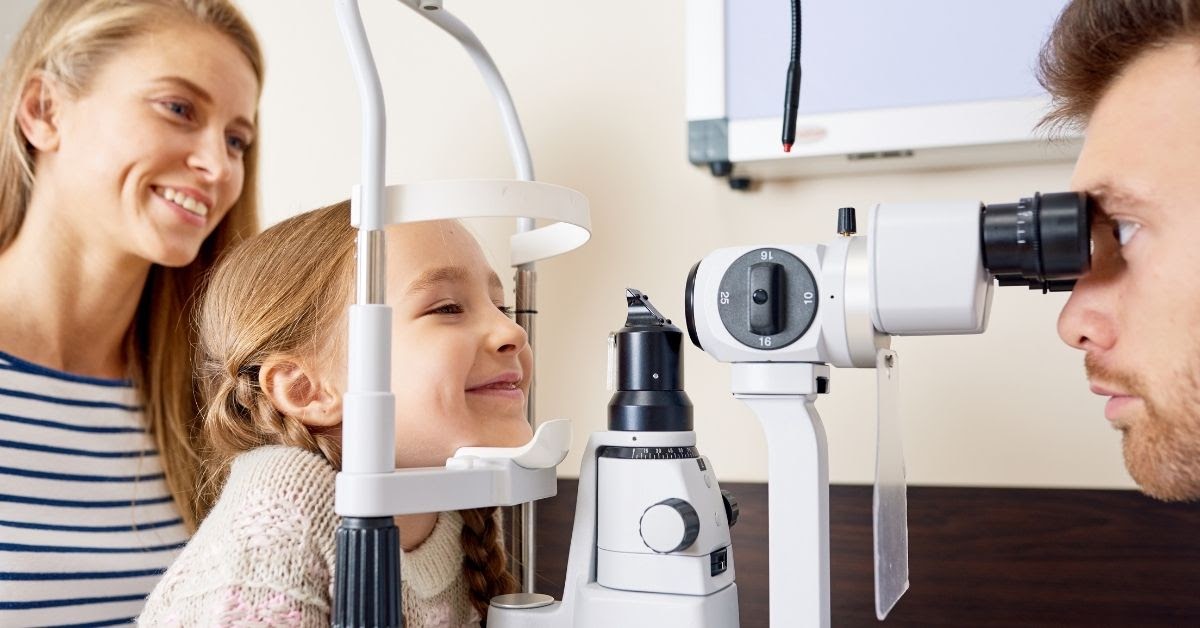
If you’ve never had any issues with your eyes, you’ve likely never thought much about their health. Besides getting something in your eye, you usually aren’t even conscious of them. In honour of National Eye Health Week (September 20-26), today we’re going to share some essential tips that everyone should know when it comes to caring for their eye health. Taking eye vitamins is one of the best ways of ensuring you have healthy eyes.
How do I check my eye health?
Your eye health can be easily checked as a part of your regular eyesight tests. If you’ve never had a sight test before, it’s a good idea to get one as it not only tests how well you can see but also other aspects of your eye health. Most optometrists can now offer more advanced tests as a part of your regular check-up to check things like eye pressure at a minimal cost.
How often should I get my eyes tested?
Once you’ve had your first test, your optometrist will advise you on when you should have your next test, but for people with no, or only minor, sight issues, they’ll recommend getting a check-up once every two years.
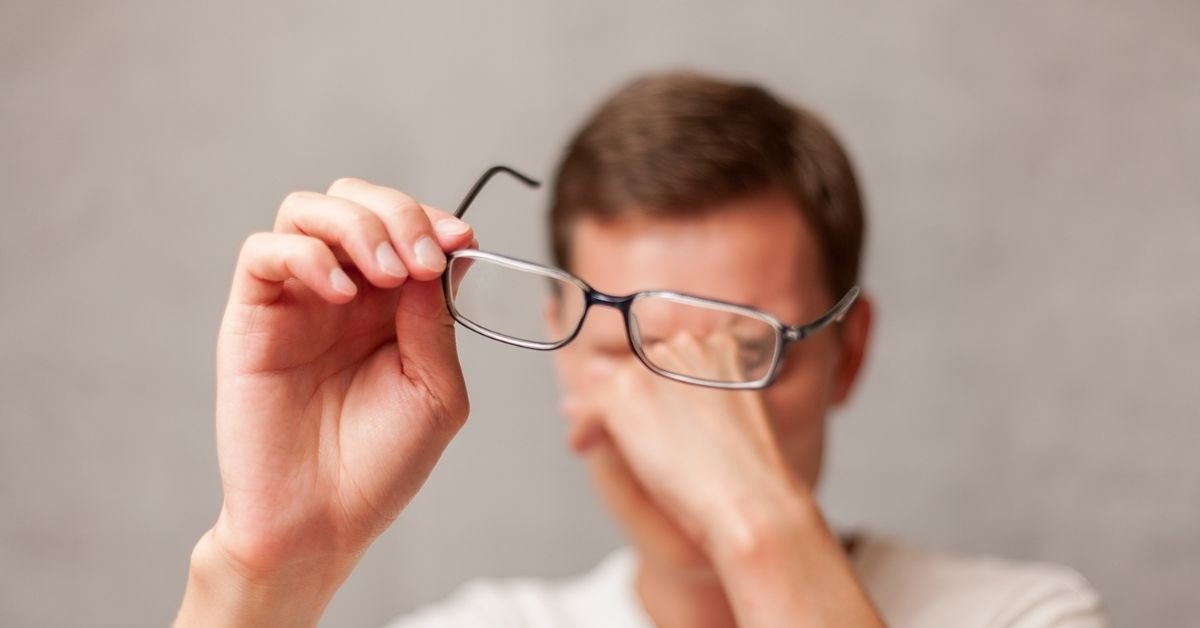
What are the most common eye problems and eye vitamins?
The most common forms of eye problems are:
- Age-Related Macular Degeneration– a condition most common in those over 60 where central vision degenerates.
- Glaucoma – a hereditary condition that can cause blindness if the internal pressure of the eye is not controlled with drops, or through a surgical procedure. If you have a family history of glaucoma, you can get free eye tests on the NHS once you’re over 40.
- Diabetic Retinopathy – uncontrolled diabetes leading to high blood sugar levels can damage the back of the eye, and even cause blindness.
- Cataracts – cataracts are extremely common in all aging animals and they result in a cloudy lens within the eye. Fortunately, technological advances mean that this condition is easily corrected by removing the lens and inserting a synthetic lens.
Regular eye tests will detect and help manage all of the above conditions, as well as all the other less common eye conditions.
Eye vitamins and how to keep your eyes healthy
Besides getting your regular eye tests and using eye vitamins, you should:
- Wear UV-rated sunglasses – UV damage is a risk for our eyes as well as our skin, so make sure you have a good pair of sunglasses and wear them when it’s bright outside.
- Quit smoking – smoking puts you at greater risk of eye disease, as well as respiratory diseases.
- Maintain a healthy weight – being overweight puts you at a greater risk of diabetes and can increase the pressure in your eyes. Make sure you get regular exercise and eat a healthy diet.
- Take an eye-health vitamin supplement – supplements should never be used in place of a healthy diet, but we all know how difficult it can be to eat a wide array of fruits and vegetables each week. Taking an eye health supplement will ensure you’re getting the vitamins and minerals you need to keep your eyes healthy.
What are the best eye vitamins?
The best eye health vitamins and minerals include vitamin A, all B vitamins, vitamin E, C, and omega-3 fatty acids. Here are 3 of the best eye health supplements we recommend:
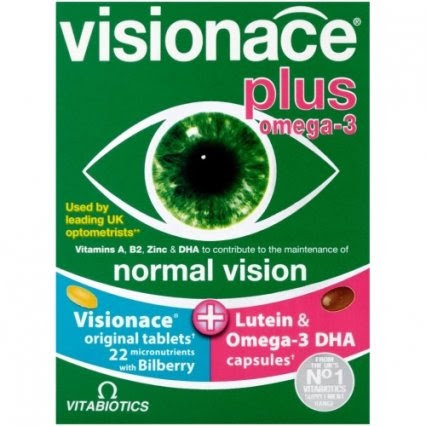
1. Vitabiotics Visionace Plus Omega-3
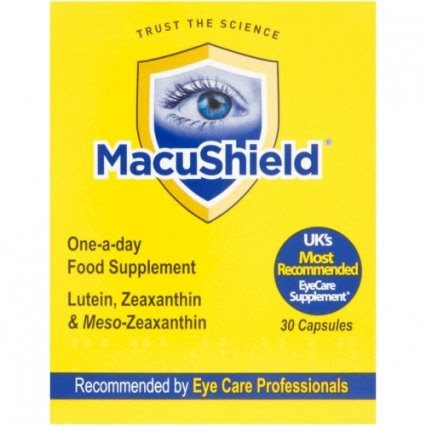
2. Macushield with Meso-Zeaxanthin
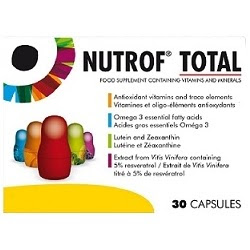
3. Nutrof Total Capsules

Consume the right eye vitamins and minerals, take regular exercise, and get your bi-annual or annual check-ups. This ensures you maintain your sight and good eye health for your entire life. So why wait?
This blog post was written on behalf of Chemist.net by Pharmacy Mentor.
